Medical Education
Trainee
Game On! Enhancing Medical Education Through Gamification!
-

Oriaku Kas-Osoka, MD, MEd (she/her/hers)
Pediatric Residency Program Director
University of Arkansas for Medical Sciences
Little Rock, Arkansas, United States -
CT
Collette Tilly, MD
Pediatric Chief Resident
University of Arkansas for Medical Sciences
Little Rock, Arkansas, United States -
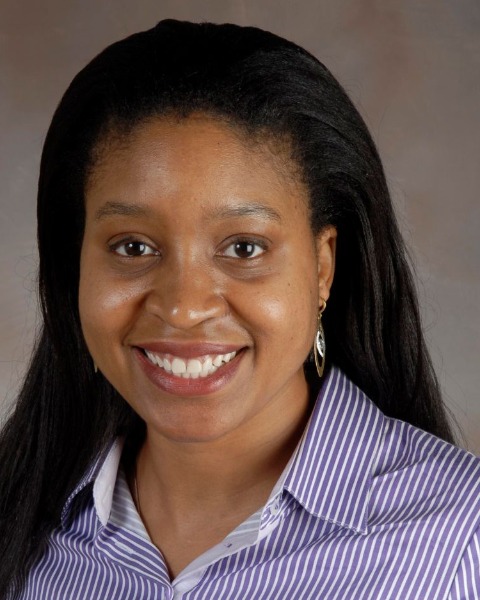
Emma Omoruyi, MD, MPH
Professor
Pediatrics
John P. and Kathrine G. McGovern Medical School part of UTHealth at Houston
Houston, Texas, United States -
AT
Andria Tatem, MD MED (she/her/hers)
Assistant Professor
Eastern Virginia Medical School
Norfolk, Virginia, United States -
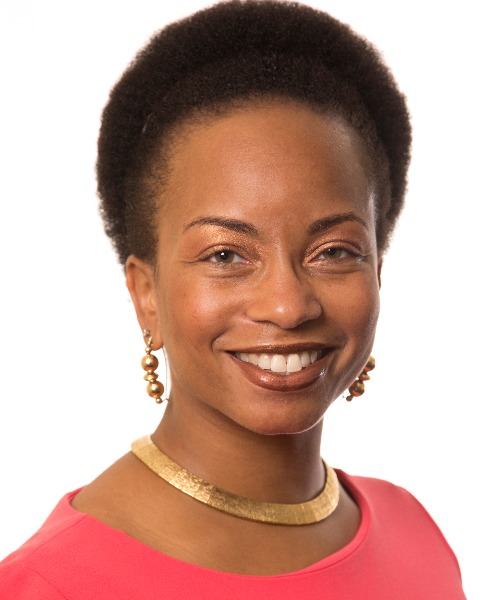
Tyler Smith, MD, MPH (she/her/hers)
Fellowship Program Director, Associate Dean of DEI, Associate Professor of Pediatrics
Children's Mercy Kansas City and the University of Missouri-Kansas City School of Medicine
Kansas City, Missouri, United States -
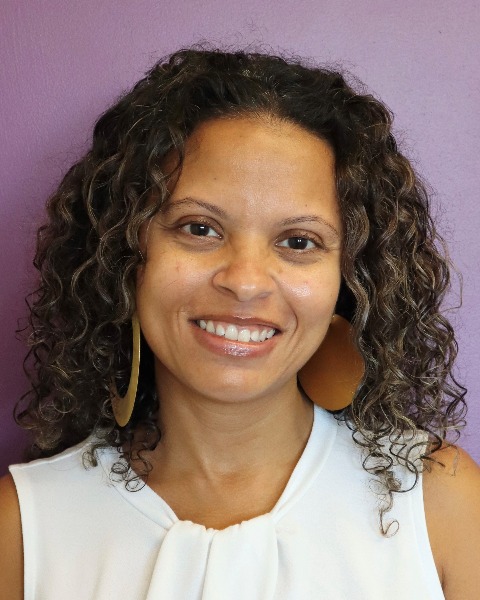
Jessica Reid-Adam, MD, MSCR (she/her/hers)
Professor, Pediatrics (Nephrology) and Medical Edcuation
Pediatric Nephrology
Icahn School of Medicine at Mount Sinai
New York, New York, United States -
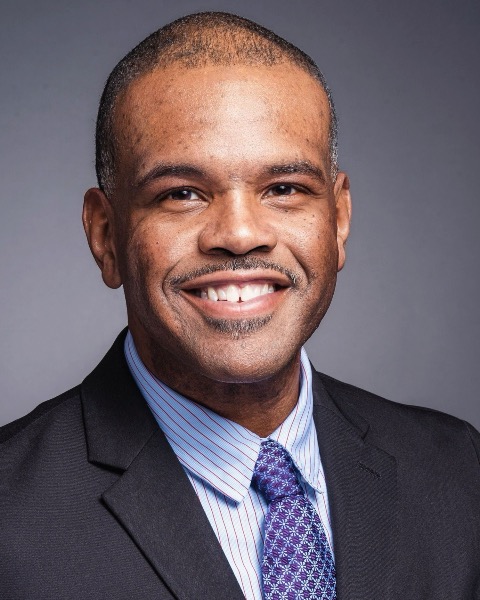
Tyree Winters, D.O. (he/him/his)
Clinical Assistant Professor of Pediatrics
Thomas Jefferson University Sidney Kimmel Medical College, United States -
EB
Elizabeth Bonachea, MD (she/her/hers)
Associate Professor of Pediatrics
PEDIATRICS
Nationwide Children's Hospital
Columbus, Ohio, United States -
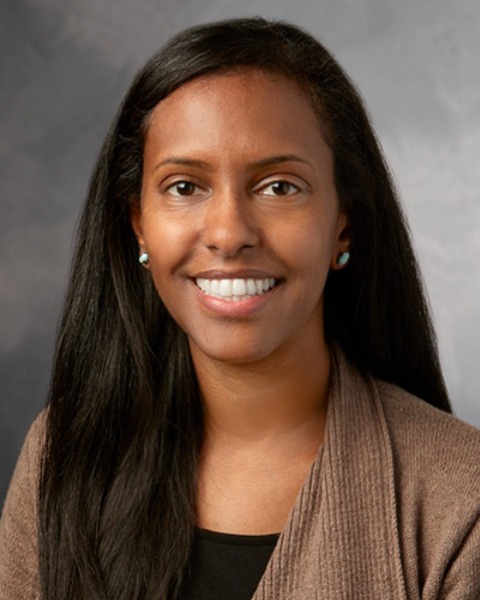
Lahia Yemane, MD (she/her/hers)
APD, Pediatrics Residency; Asst Dean, Diversity in GME
Stanford University School of Medicine
Palo Alto, California, United States -
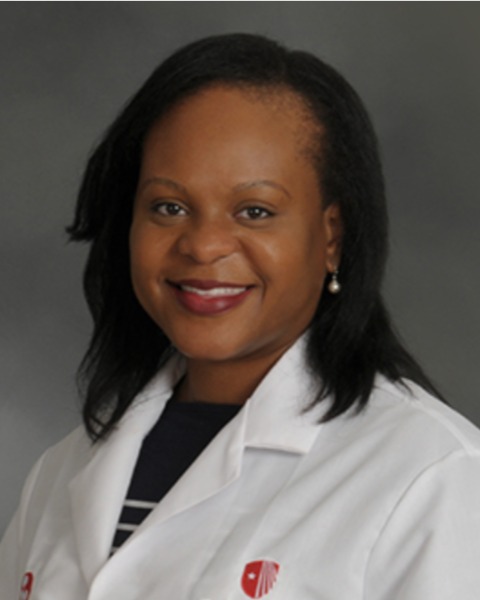
Uchechi Oddiri, MD, FAAP (she/her/hers)
Clinical Assistant Professor of Pediatrics
Renaissance School of Medicine at Stony Brook University
Stony Brook, New York, United States -
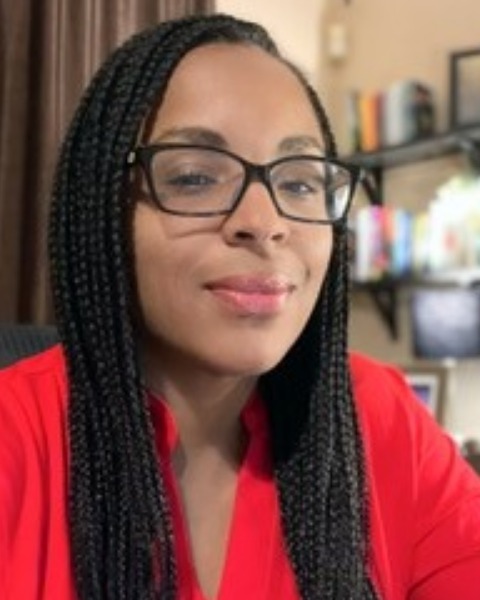
Alissa Darden, MD
Associate Professor
University of Washington/Seattle Children's Hospital, United States -
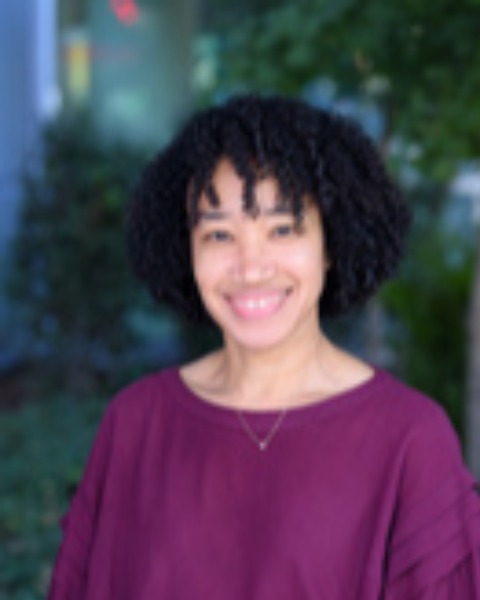
Michelle Thompson, MD, MACM (she/her/hers)
Clinical Professor, Pediatrics
Children’s Hospital Los Angeles; Keck School of Medicine of USC
Los Angeles, California, United States
Leader(s)
Co-Leader(s)
Workshop Description: Integrating learning with motivated participation creates a positive immersive experience that enhances trainee engagement, knowledge attainment, and retention while improving educational outcomes. Gamification fosters problem-solving and critical thinking and can support program goals by enhancing clinical knowledge, skills, and attitudes.
Diverse trainee learning styles (e.g., visual, auditory, reading/writing, and kinesthetic learners) challenge educators to create experiences that meet all learners’ needs. Incorporating gaming elements can optimize curricular design to approach multiple learning styles in a single setting, allowing for collaborative work, goal attainment, and performance feedback. It can also allow the educator to match task complexity with learner competency. Game development encourages educators to broaden their skills by incorporating novel teaching strategies, positively impacting the trainee learning experience.
First, we will obtain participants' baseline knowledge and comfort with game-based learning. A brief didactic session will inform participants about gamification, its uses in medical education, and trainee learning styles. Participants will engage in a real-time practical experience using a pre-created educational game. A large-group discussion will focus on elements utilized in game selection, learner types emphasized, and feedback on the practical experience. Subsequently, each small group will use a framework to build an educational game. Small groups will then report out their newly created educational game. A large-group discussion will cover implementation strategies, barriers with potential solutions, and sample evaluation methods. Each participant will leave the workshop with a template to use at their local institution. We aim to create a repository of games that can be shared with the audience.
Learning Objectives:
- Examine the utility of gamification as a teaching tool and identify its impact on diverse learning styles.
- Develop skills to design and implement educational games utilizing a structured framework and discuss ways to evaluate the effectiveness of the game created.
- Explore and mitigate common barriers to implementing gamification in an educational setting.

